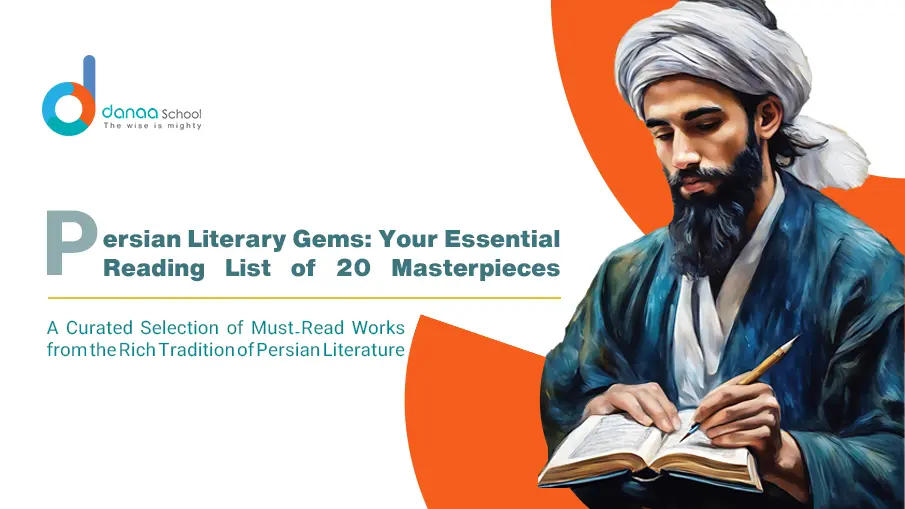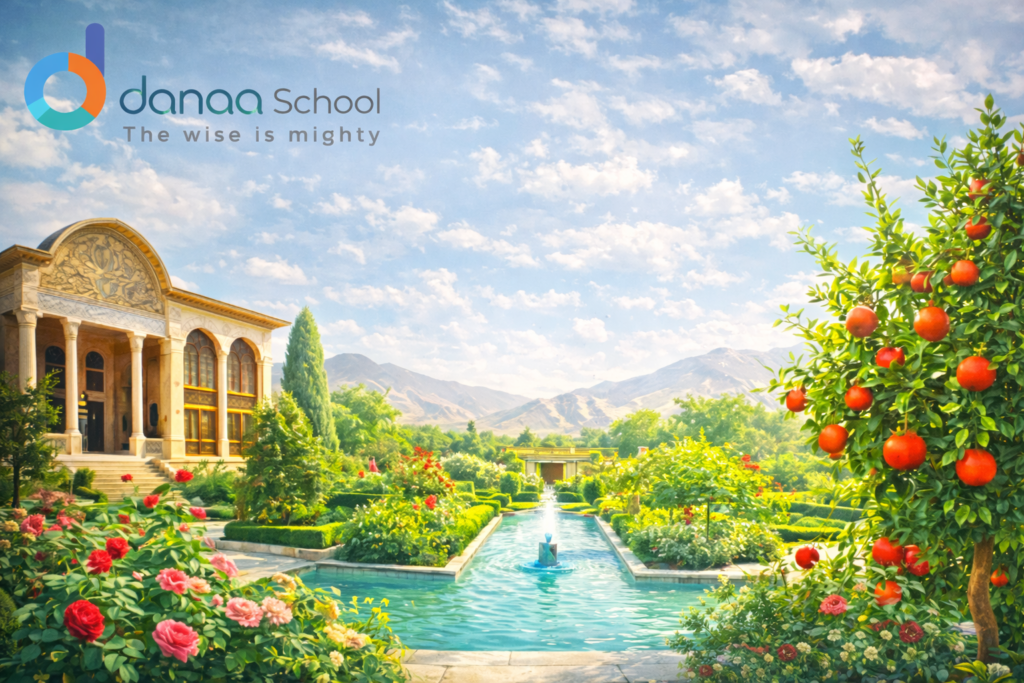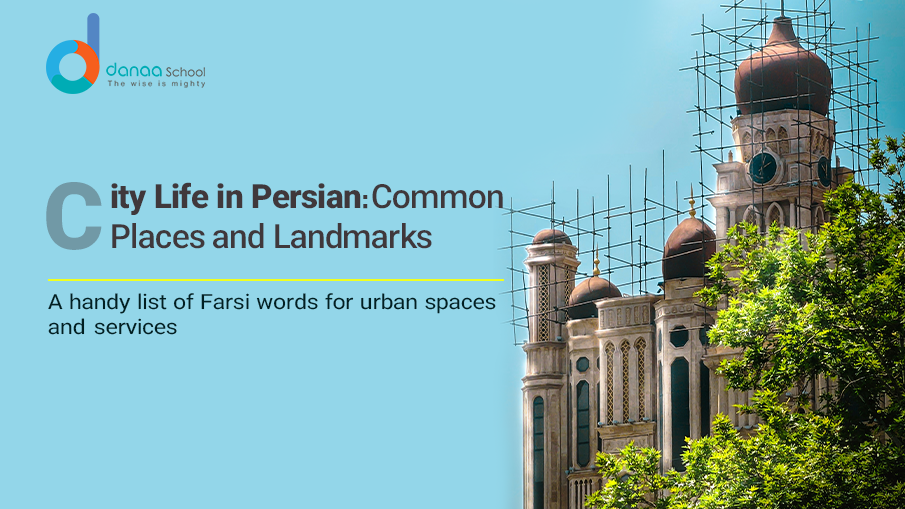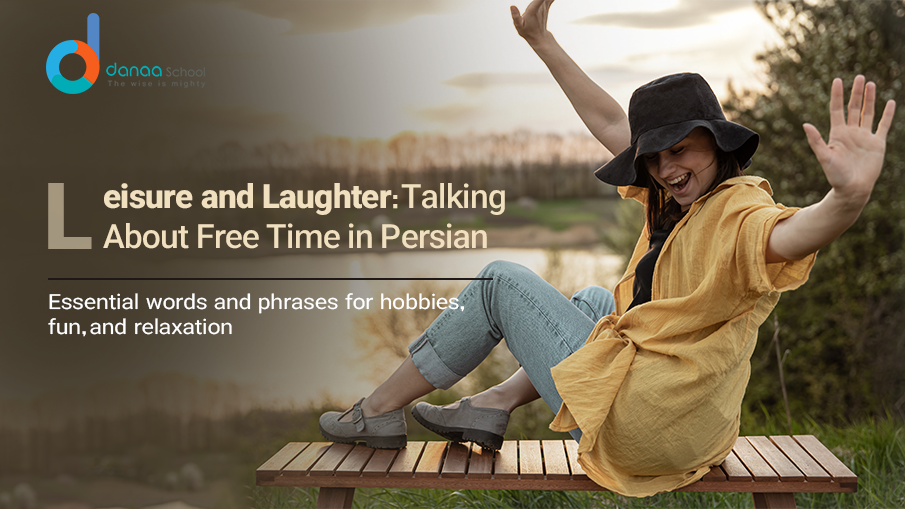Persian literature you need to read
Persian literature you need to read includes some of the most influential and timeless works in world literature. From epic poetry and mysticism to philosophy and modern novels, Persian literature offers deep insight into culture, identity, and the human experience.
This guide to persian literature you need to read is designed for readers who want to explore classic and modern Persian books, understand their cultural background, and discover where to start their journey into Persian poetry and prose.
Persian literature stands as a testament to the rich cultural heritage of Iran and its surrounding regions. With a history spanning over millennia, Persian literature has produced some of the world’s most profound and captivating works. From epic poems to intricate prose, Persian literature reflects the depth of human emotion and the beauty of language.
At Danaa School, we help learners and families discover Persian literature through structured classes, guided reading, and culturally meaningful learning experiences.











One Response
I am looking for books written in Persian for immigrant children in our small school library we just started.